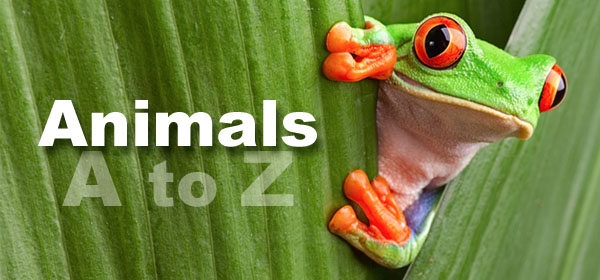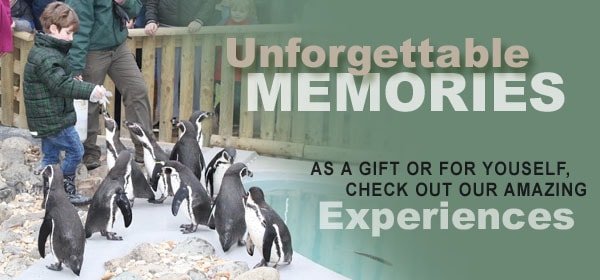The highest priorities in our park are awarded to Education and Conservation but understand that for both of these to cover all aspects of their respective fields it is important to try and engage our staff in conducting research within the park. This can be done by either supporting their own research interests should such arise or through allowing them to support outside organisations.
At present our internal research is premdominantly limited to social interactions within our own groups of animals as well as customer engagement and educational interpretation effectiveness.
We do however also allow outside researchers to gain access to our facilities to carry out research with our animal collection or data sets. Before, during and after the completion of a research project carried out in conjunction with Wingham Wildlife Park we do have a number of conditions which need to be complied with:
- A research project proposal must be submitted to the park (see below) and must be approved by management before any work can be carried out. This needs to be done at least 4 weeks in advance, however for any study which goes beyond studying data sets or access to faecal samples this process may take longer as it may be subject to the scrutiny of our ethical review committee who meet on average, once every 6 months. This proposal must give full details of all methodological and ethical considerations to be considered by the park first. We retain the right to refuse the start of any project or terminating a project part way through its duration if it digresses from the proposal.
- The research project must show that it can be of direct benefit to the species, wider conservation issues or specific specimens in question.
- Research can be carried out on our living collection, other samples, studying animal records (which would be in the form of the standardised system used by the ZIMS system developed by the International Species Information System, for easy comparison with other institutions which are leaders in their animal record keeping practices and as such share the same system) or through interviewing staff; however, all of these are subject to availability of samples and assistance. Please note that research using our living animals is limited to observational studies, and those which require an individual to be captured, sedated or manipulated in a way which deviates from their normal daily routine will not be considered under any circumstances.
- On completion of the project a copy of any publication / draft should be supplied to the park for their records, and any co-operation with the park should be referenced in any such material, mentioning the parks name and by name, any members of staff who may have directly helped with the research. Any plans for publications to be approached for submission should be passed on to the park, and the results of any such submissions should be made to the park.
- As well as any completed reports the park will be given, if requested by any members of management staff, copies of any raw data which has been collected to allow for independent interpretation at a later date if required. Such data should also be made available for use by members of staff if our own research projects are to be carried out.
- Research access is available to all professional researchers, Phd and Msc students, Veterinary and animal care staff, conservation professionals and younger students carrying out projects in a school, college or under graduate university setting.
- If you wish to carry out research at the park please note that our research policy is based upon the World Zoo Associations Conservation Policy 2015; Committing to Conservation, and as such there are a number of questions which that document asks in relation to research for furthering conservation – please ensure that you have and understand good answers for the following points which will be considered by our committee:
- What is the problem that generated the question?
- What is the specific research question?
- Is the answer going to be important to informing zoo operations?
- How will the research be carried out?
- Does the research need and have ethics approval?
- What will the project cost and how will those funds be secured?
- Who will assist with the project and what experience do they have?
- How will the results be published or presented?
- What are the overall benefits to the zoo?
- One further question which we have added to this list ourselves is, will this research tell us anything new, or reconfirm / challenge things which we already know / think we know by repeating past research using improved research methods?
Possible Research Questions:
We are more than happy to extend as much help as possible to any such work to be carried out at the park and strive to get more involved with research. This includes the provision of a number of potential research questions which you as a student or academic may wish to pursue with our help:
| Potential Research Questions |
|---|
| How diverse is the native invertebrate population at Wingham Wildlife Park? |
| Can improvements be made to planting / shelter / safe guarding / feeding at Wingham Wildlife Park to improve native invertebrate diversity? |
| Do one to one animal experiences with tigers / lemurs / red pandas / penguins / coatis / raccoons / pumas stimulate a stress response in the animals taking part, based on cortisol levels in faecal samples? |
| Do one to one animal experiences stimulate enough of an emotional response in visitors to improve conservation knowledge and lead to an actual change in behaviour / promise of change / promise of action? |
| The chimpanzee group at Wingham Wildlife Park is very diverse and there are differences between how certain individuals use the exhibit. Differences between animals may be age, sex, rank, sexual cycle etc. Is there a correlation between any of these and level of exhibit use? |
| Is environmental enrichment for less active species such as Argentine horned frogs / tokay geckos / Chilean rose tarantulas / reticulated pythons / rhinoceros iguanas an effective way to better use exhibit space and improve conditions / appeal for both animals and visitors? |
| Do visitor numbers affect exhibit use by pink backed pelicans / edward's pheasants / moon bears / Eurasian lynx / American miniature horses? |
| Can social network analysis for a group of barbary macaques / mandrills / ring tailed lemurs / capuchins / chilean flamingos / chimpanzees / pygmy goats be used as a tool for improving day to day husbandry or even more unusual or complex trained behaviours? |
To help with these research questions and perhaps your own we have access to a variety of animals for behavioral observations as well as a catalogue of faecal samples which are collected and categorised and are especially useful for studies in to things such as cortisol levels as a stress indicator.
Research Proposal Form:
Please note:
- We will aim to respond to any such requests within 1 to 2 weeks.
- Your project may need to be run by our ethical review committee (even if it has been passed by your college / university committee).
- We also ask that the form be submitted at least 4 weeks before the project is to be started.


